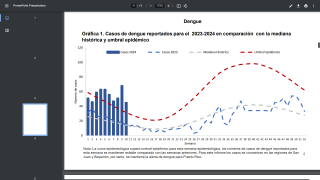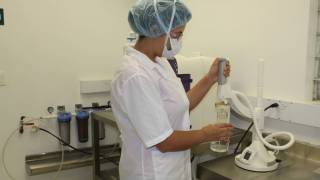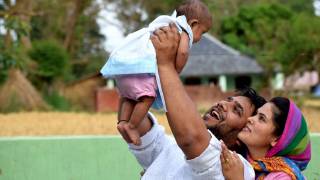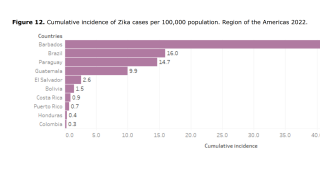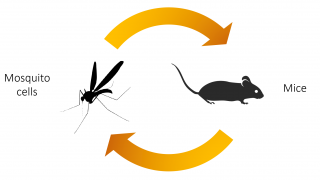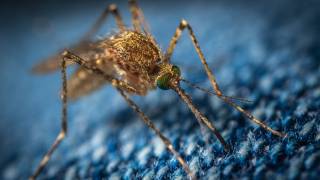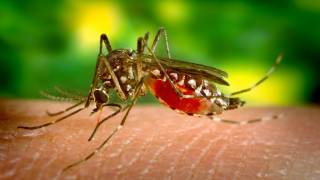Zika Virus Vaccines Should Be Focused on Childbearing Women

Two recent studies looked at the risk of virus transmissions in Zika-endemic areas, and the economic return of a Zika vaccination program.
These new studies are important since researchers from Brazil found that 14.5 percent of children exposed to the Zika virus during their mother’s pregnancy displayed at least 1 medical issue by 18 months of age.
And, as of December 4, 2018, the Centers for Disease Control and Prevention (CDC) had confirmed Zika cases in Puerto Rico (114), California (23), and Florida (10).
This study looked at a cohort of Zika infected patients in Puerto Rico during 2016 and 2017 and members of their households.
Of the 366 contacts tested, 34.4 percent had evidence of Zika infection at enrollment.
Sexual partners of known cases were 2.2 times more likely to develop subsequent Zika infection compared with household partners who did not have sexual relations with the index case.
These researchers also found that basic household environments contained risk factors for Zika transmission and infection.
Household members were 2.5 times more likely to become infected if their homes contained open and unscreened doors and windows or 2.1 times more likely if their homes had open windows and doors with screens.
A 2nd study regarding the economic viability of a Zika vaccine, reported when considering the transmission of the Zika virus, vaccinating everyone naturally averted the most cases.
Vaccinating everyone averted more Zika cases but cost more, decreasing the cost-savings per case averted.
But, to realize the most economic return, specifically targeting women of childbearing age or young adults was the most cost-effective.
This advice supports why bioethics and healthcare experts are calling on the scientific community to enable pregnant women to receive vaccines against emerging infectious diseases.
This new report is a product of the Pregnancy Research Ethics for Vaccines, Epidemics, and New Technologies (PREVENT) Working Group.
PREVENT provides a roadmap for the ethically responsible, socially just, and respectful inclusion of the interests of pregnant women in the development and deployment of vaccines against emerging pathogens.
This international coalition of experts says ‘it's time for vaccine research to change.’
Recent Zika virus news articles:
- Pregnant Women Should Not Visit Rajasthan, India
- University of Hawaii Study Identifies Potential Zika Vaccine
- Florida Reports 89 Travel Related Zika Cases
Our Trust Standards: Medical Advisory Committee


